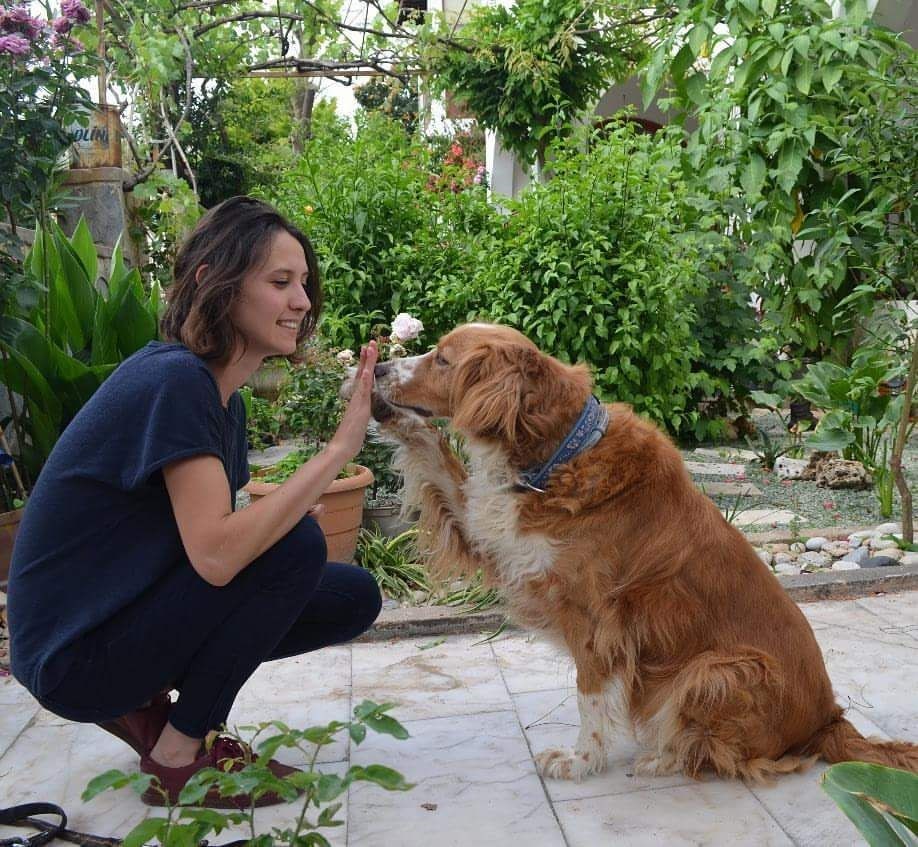 Pawedness is the handedness of animals. That is, the preference to use either the left or the right
paw for tasks like fetching food from a can. For a long time, it was thought that handedness (e.g.
90% of all people prefer house their right hand for fine motor skills like writing and only 10% the
left hand) is a uniquely human characteristic. Some scientists even thought that the development of
handedness was an essential part of human evolution. Today we know that this view is wrong and that
a large number of animal species show pawedness (of hoofedness, clawedness of footedness, depending
on what exactly they use to manipulate things)!
Pawedness is the handedness of animals. That is, the preference to use either the left or the right
paw for tasks like fetching food from a can. For a long time, it was thought that handedness (e.g.
90% of all people prefer house their right hand for fine motor skills like writing and only 10% the
left hand) is a uniquely human characteristic. Some scientists even thought that the development of
handedness was an essential part of human evolution. Today we know that this view is wrong and that
a large number of animal species show pawedness (of hoofedness, clawedness of footedness, depending
on what exactly they use to manipulate things)!
The three types of pawedness:
- Right-pawed: The animal prefers the right paw for fine motor tasks, e.g. when getting food out of a container.
- Left-pawed: The animal prefers the left paw for fine motor tasks, e.g. when getting food out of a container.
- Ambilateral: The animal has no clear preference and uses both paws for fine motor tasks equally.
Tons of tests have been developed by scientists to determine pawedness in different animal species and while some of them require complicated scientific equipment, others can be easily administered at home.